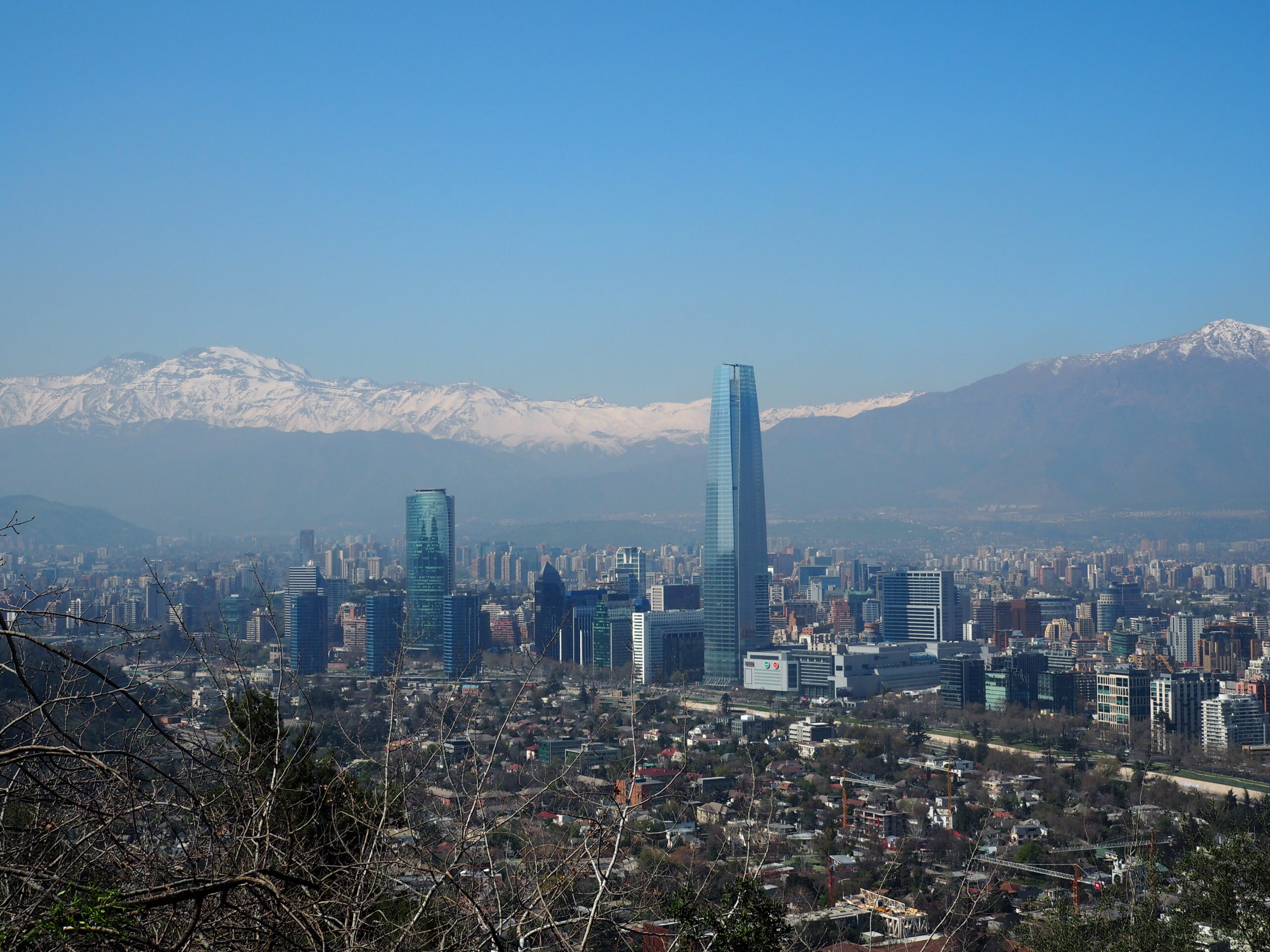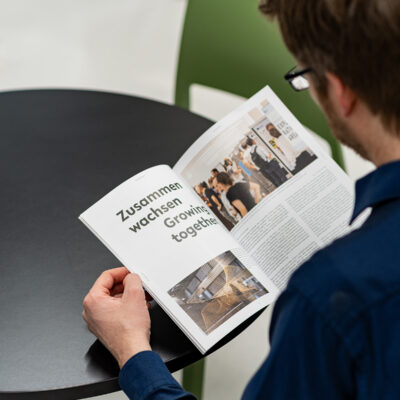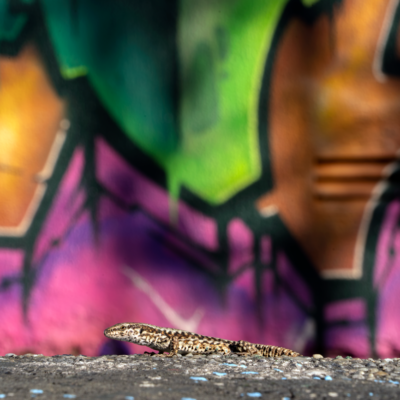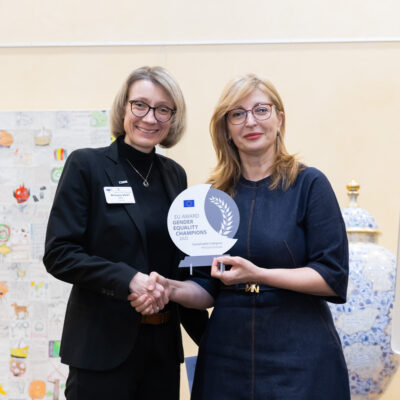For Professor Dr Olaf Kaltmeier, Latin America is not just a field of research. The historian has very personal ties with this continent. Kaltmeier explains: ‘In this country a research paper is finished when it is published, but when I work with indigenous communities I cannot adopt the position of an external observer.’ For example, he was conducting research in Ecuador in 2006 and was appointed padrino, godfather, as part of a ritual kinship system. ‘My family and I are still in touch with the people there,’ says Kaltmeier. This is possible if partners are not seen as mere informants, but as individuals.
The historian is an expert on Latin America. As a professor of Ibero-American history at Bielefeld University and director of the Maria Sibylla Merian Center for Advanced Latin American Studies (CALAS), he researches Latin and Inter-American history, social movements, ethnicity in historical change, and environmental history. As recently as April, his latest project ‘Turning Land into Capital’ (in German) received 1.6 million euros in funding from the Volkswagen Foundation. Kaltmeier and an international team of researchers are investigating the role of land in the reproduction of wealth.
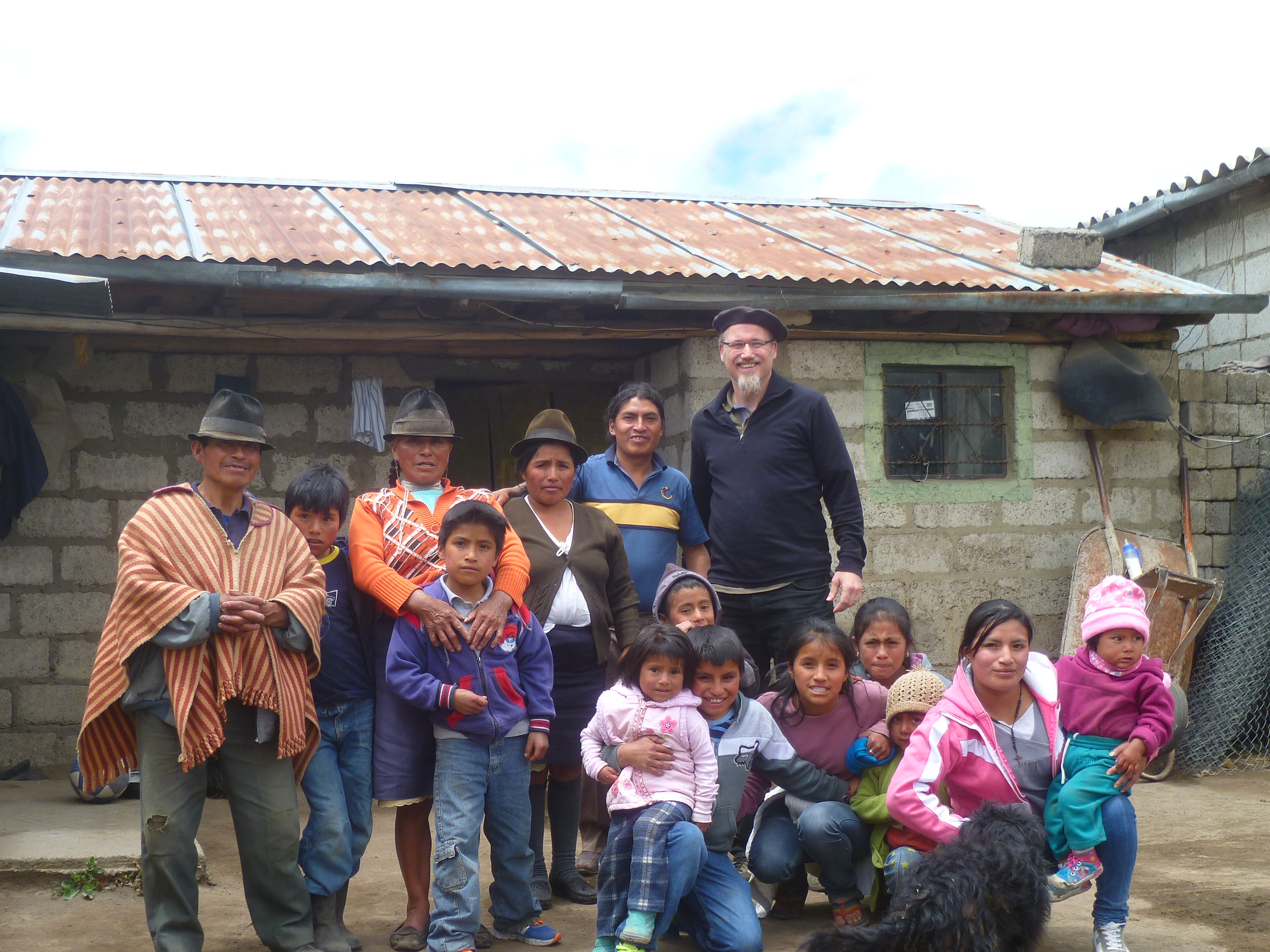
© private
Land ownership is synonymous with wealth
In Latin America, owning land is synonymous with wealth. This continent is simultaneously the region of the world with the most unequal distribution of land. ‘Globally, the division between rich and poor has never been so great. In Latin America we even refer to a phase of refeudalization,’ says Kaltmeier. According to an Oxfam report in 2017 , one per cent of super-sized farms in Latin America occupy just as much land as the remaining 99 per cent. ‘At the same time, we know too little about how these new land-owning elites function and ‘tick’ culturally.’ This is an area the German researcher and his Latin American and Swiss colleagues want to address.
What is striking about Kaltmeier’s topics is their interdisciplinary scope, which includes geographical conditions, social sciences, anthropology, and historical approaches. The environmental aspect plays a prominent role in his research: ‘I became involved with environmental issues early on, dating back to my diploma thesis on agrarian colonization in Bolivia. The global environmental crisis requires this engagement with environmental issues.’ In his work at CALAS, Kaltmeier focuses on the Anthropocene, the age of man: ‘Environmental justice and social inequality are directly related in the Anthropocene,’ says the historian, ‘However, this strand of the debate has been explored more in Latin America than in the USA or Europe, for example.’
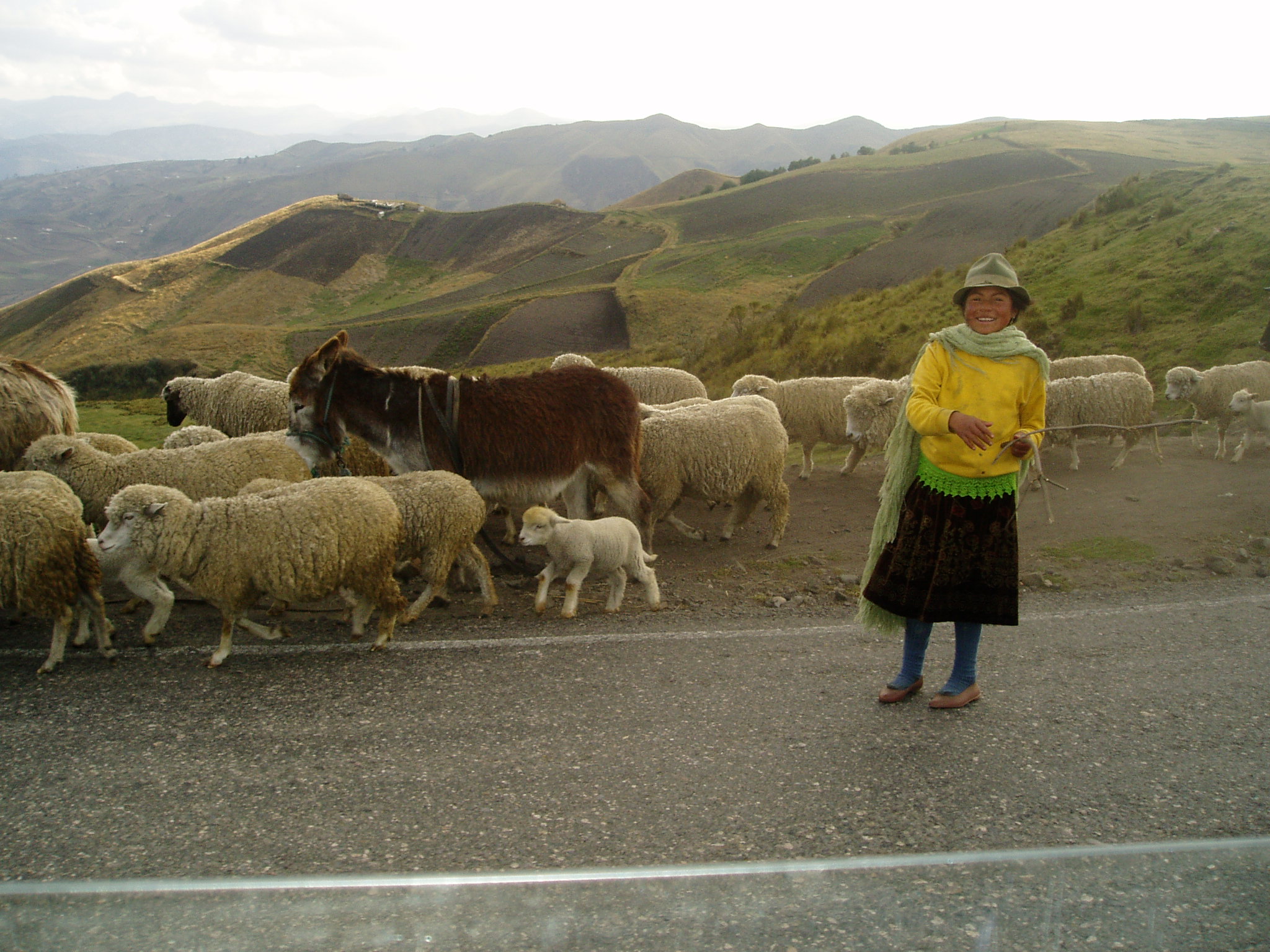
© Olaf Kaltmeier
Boundaries between academia and society are more fluid
The boundaries between academia and society are definitely more fluid in Latin America. Time and again, political positioning takes place there which is unusual for Europe: ‘Many academics see themselves as more involved in the public debate and also intervene.’ Ivory tower? Not at all. ‘On the contrary,’ says Kaltmeier, ‘colleagues are compelled to deal with the problems of their home countries, which are deep-seated and cannot be overlooked.’ This creates a different culture of debate. Even reservations about other forms of knowledge production—whether from indigenous communities, social movements and NGOs—would be accepted as valuable knowledge components ‘in the sense of an ecology of knowledge’. ‘Academia is not seen as the only instance of knowledge production, but is clearly more dialogue-oriented and is reflected in the socialization of academics. A lot of colleagues work in NGOs as consultants. That is part of their self-image.’
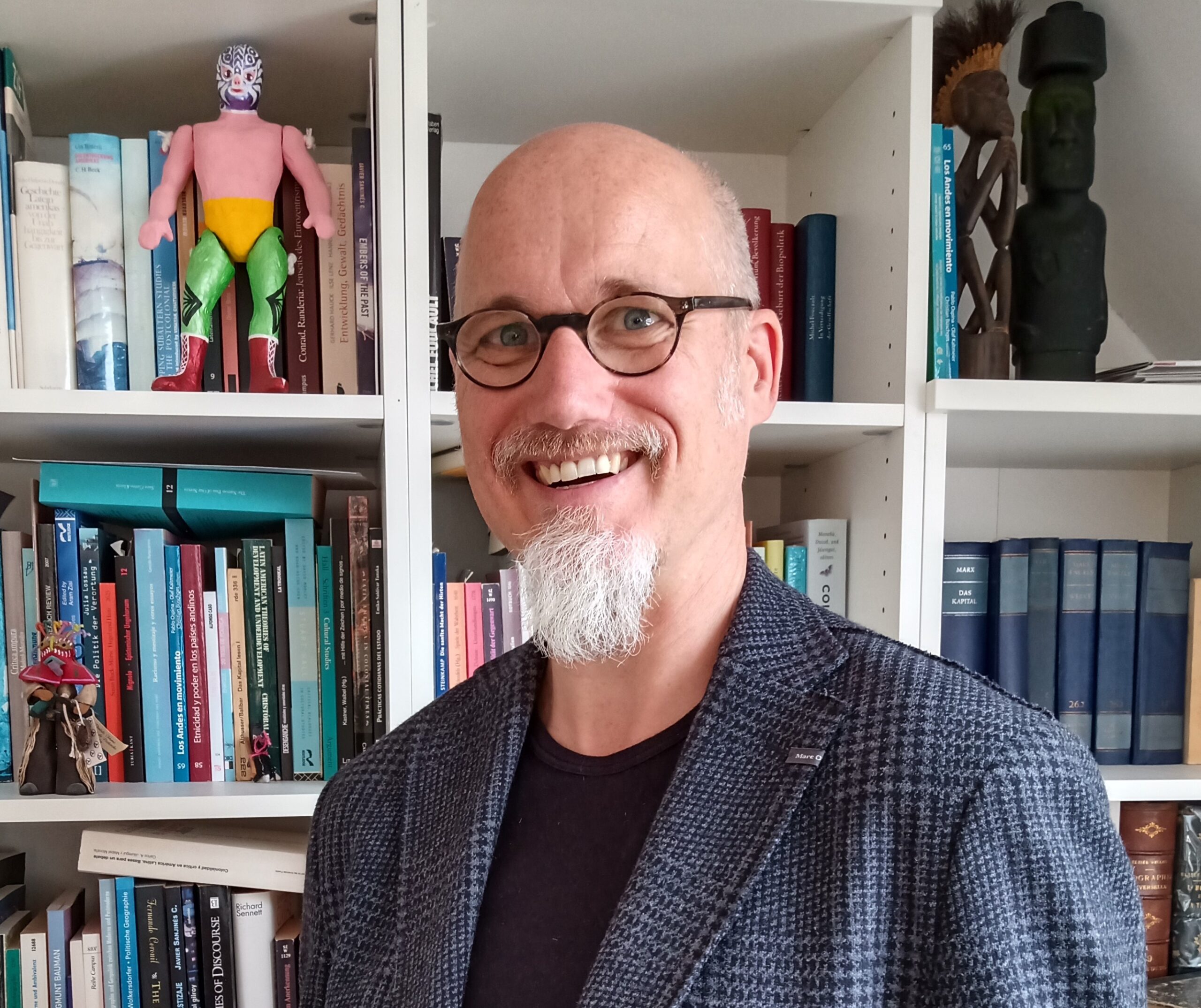
© private
Language barriers often prevent awareness of research discourses
Kaltmeier is therefore convinced: ‘I think we can learn a lot from Latin America. Especially when it comes to solving the urgent questions of the future.’ However, researchers are often unaware of research discourses in Latin America. This is mainly due to the language barrier between the knowledge landscape here in Europe, which is predominantly English, and the Spanish-language landscape. Currently, there are intensive debates about future food security. ‘In Latin America, this is largely ensured by small farmers. In the context of this agroecological discussion, we can learn a lot from that.’ The historically rooted social injustice from the current project ‘Turning Land into Capital’ in Latin America also serves as a vivid example for Europe: ‘After all, we are increasingly heading towards inequalities here. So, we can look at what happens when society is so divided.’
Kaltmeier particularly appreciates the positive approach to interculturality in many Latin American countries. ‘We in Western Europe see ourselves as the cradle of democracy and inclusion, where interculturality is widely practised. But Latin America is much further ahead in terms of diversity and recognition of different groups.’ This is even part of the constitutional framework. It is a lived form of interculturality—of course not without conflict—but one that is embedded in the state’s self-image,’ says Kaltmeier: ‘We can learn something from this, also with regard to the still very tense debate about migration and inclusion.’
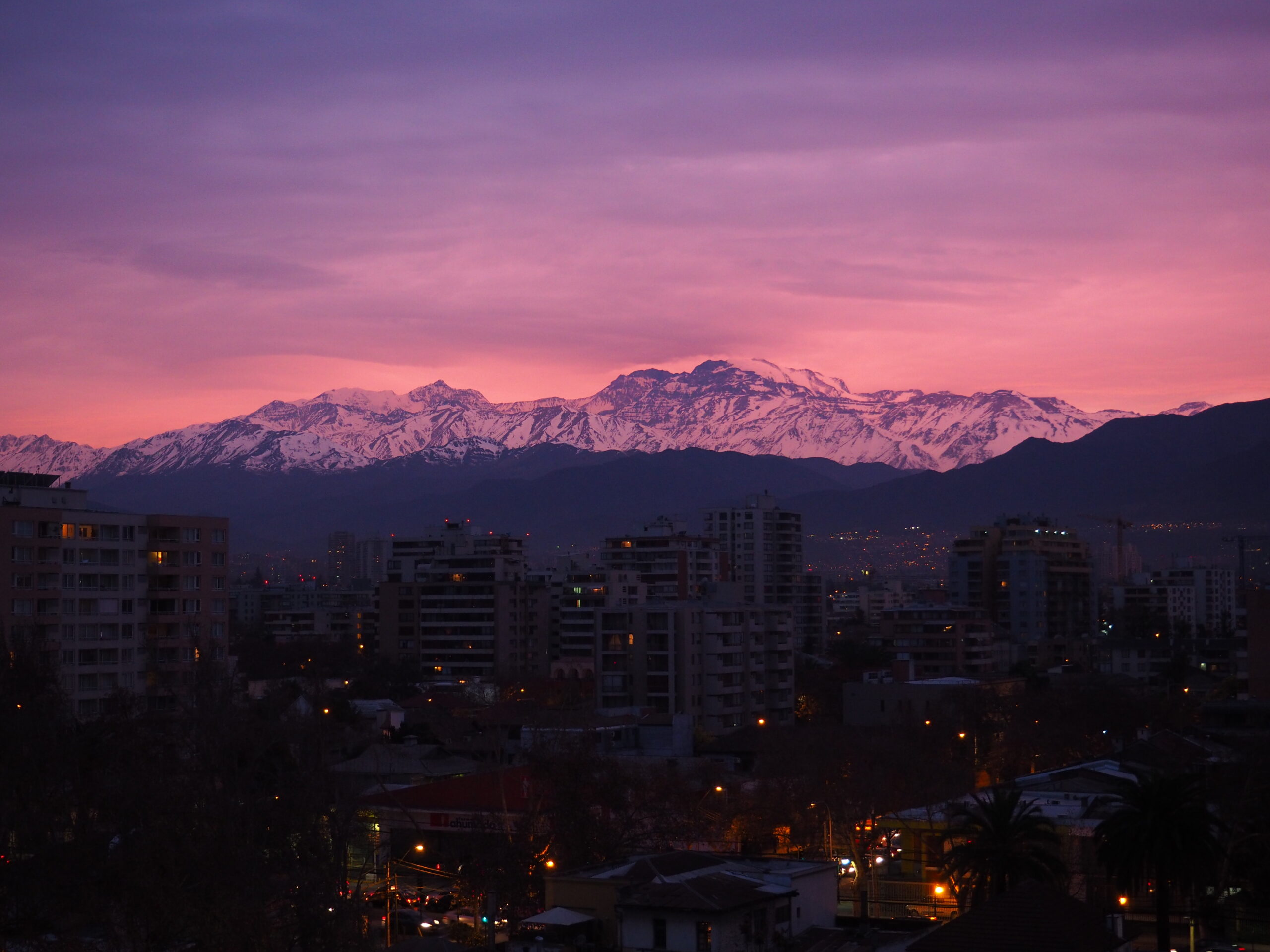
© Olaf Kaltmeier
